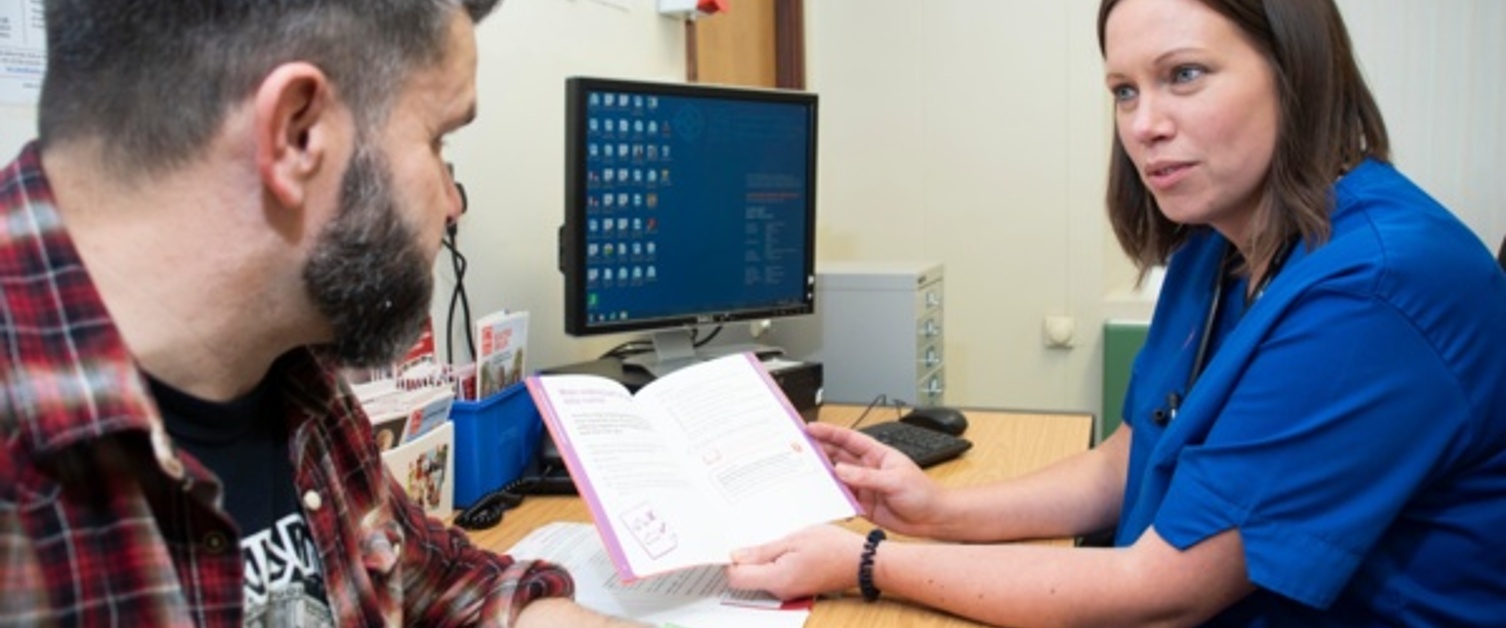Chaperone Information

All patients are entitled to have a chaperone present for a consultation, examination or procedure where they feel one is required.
Chaperoning is the process of having a third person present during such consultations to:
- provide support, both emotional and sometimes physical to the patient.
- to protect the doctor against allegations of improper behaviour during such consultations, and sometimes to provide practical support.
The practice has a chaperone policy - if you need to have an examination that may make you feel uncomfortable you may ask for a member of staff (who has been trained to be a chaperone) to be present for the examination in addition to the doctor or nurse.
If you think you may need this service, please let reception know when you book in so we can ensure a member of staff is available.
If a chaperone is not requested in advance, we will endeavour to arrange one at the time, however, it may be necessary to reschedule your appointment (within a reasonable timeframe) if a chaperone is unavailable at the time of your appointment.
Below is some information regarding best practice for the use of chaperones:
- Any patient can request a chaperone for any consultation. As this will usually require a second clinician to attend, please give us as much advance notice as possible so we can make a chaperone available.
- Chaperones should be offered to patients for intimate examinations. Your GP/ Nurse should consider what defines “intimate” and should judge this from the patient’s perspective.
- We must all be aware of and respect cultural differences. Religious beliefs may also have a bearing on the patient’s decision over whether to have a chaperone present.
- It is Practice policy that the best person to have act as a chaperone would be a member of the clinical team. That clinician will have been fully trained to act as a clinical chaperone.
- The patient should be introduced to the chaperone before the examination can proceed. The chaperone will need to be present during the examination.
- A clinician may wish to have a chaperone present for their own reputational protection.
- We will never force a chaperone on an unwilling patient. If this facility is declined by a patient the clinician should note that in the patient’s medical records.
- If the clinician does not wish to proceed in the absence of a chaperone, they should explain this to the patient and the reasons why. The patient might then reconsider or agree to see a different doctor on another occasion.
- The clinician should not assume that a chaperone is not needed just because they are the same sex as the patient.
- Using a chaperone every time you examine a patient is impractical – the patient and the clinician should use their judgment about individual situations to decide when a chaperone is appropriate.
Staff who undertake the role of a chaperone will have a Disclosure and Barring Service (DBS) check.